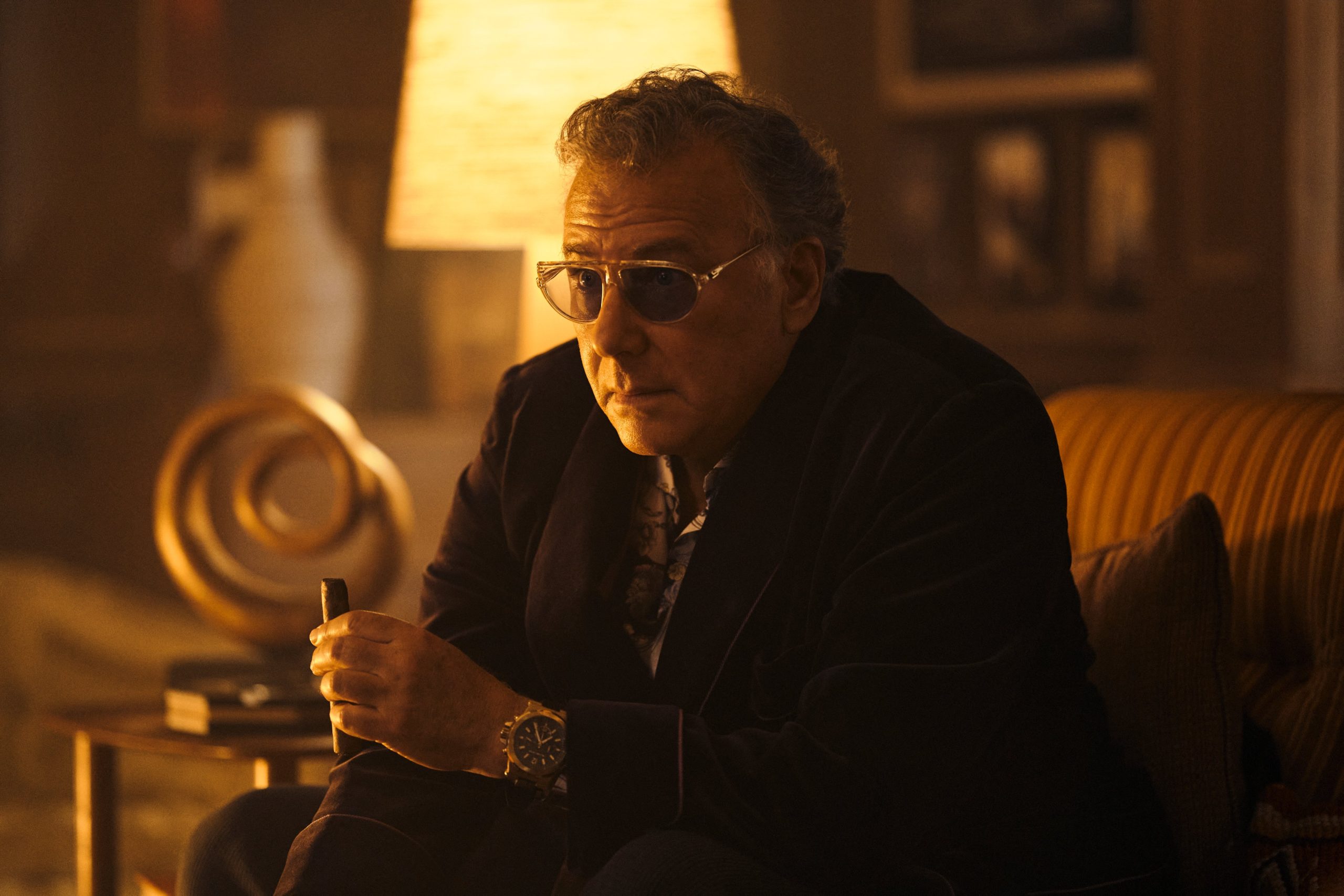Overview
The Legend, real name Lenny Butcher, is the living archive of Vought’s darkest secrets — a former CIA operative and founding member of The Boys who traded fieldwork for intelligence warfare. He doesn’t punch Supes; he destroys them with files, blackmail, and whispered truths. Once Billy Butcher’s mentor, now his reluctant ally, he views heroism as a corporate illusion and Supes as weapons to be disarmed, not defeated. His apartment is a museum of atrocities — yellowed photos, bloodstained reports, and enough evidence to burn Vought to the ground. He speaks in riddles, moves like smoke, and remembers every betrayal. In a world of gods, The Legend is the ghost who wrote their obituaries — and he’s not done yet.
